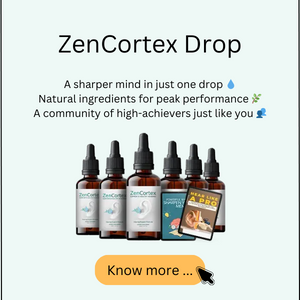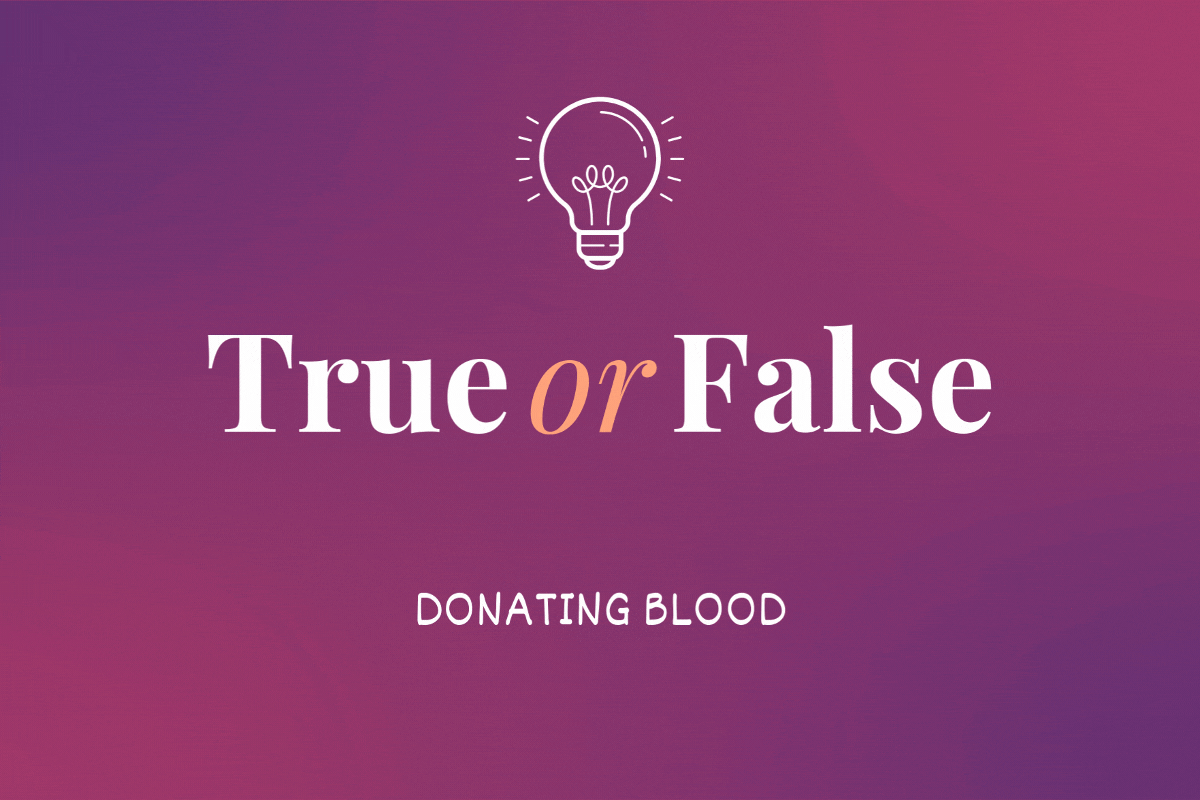Benefits of Mushroom Supplements for Cognitive Function
If you take dietary supplements intending to improve your overall health, you aren’t alone. Close to 75% of all US adults say they take supplements; 55% say they take them regularly. You might take supplements to improve your vitamin D levels, to give you more energy for a late-night study session, or perhaps your supplements are meant to reduce inflammation in achy joints and muscles.
Medicinal (AKA functional) mushrooms—often taken in supplement form—have become massively popular in recent years due to their purported ability to improve cognitive function, memory, and mental well-being—largely due to their “adaptogenic” (a natural substance purported to help the body adapt to stress) qualities. While more research is needed to be clinically conclusive, many studies are suggesting that these claims could be true. Some of the most commonly taken functional mushrooms are lion’s mane, reishi, chaga, cordyceps, turkey tail, maitake, and shiitake.
“Functional mushroom supplements are powders, capsules, tinctures, and functional foods that are made using mushrooms. People use them for a variety of health issues, ranging from anxiety and anti-aging to helping support cancer patients,” explains Rachael Miller, nutritionist and owner of Zhi Herbals.
“Although functional and psychedelic mushrooms are both grown for the compounds they contain, the effects are very different. Psilocybin produces a ‘high’ effect, whereas functional mushrooms have compounds like antioxidants, beta-glucans, and triterpenes, which may offer long-term support for stress, conditions like allergies, and other benefits. Functional mushrooms do not produce a ‘high,’ Miller adds.
Knowing the potential of functional mushroom supplements is one thing; figuring out how to use them to your advantage is another. Read on to learn more about the physical and mental value of medical mushrooms, the ways they can benefit you, and things you want to look out for if you decide to take them.
History of Supplemental Mushrooms
Mushrooms were lauded for their healing and medicinal properties centuries ago in places like Ancient Rome and Ancient China. While there are different thoughts on exactly when people started using medicinal mushrooms, many agree on how the movement gained traction.
“The use of functional mushrooms for health benefits outside of their nutritional benefit was first popularized by renowned mycologist Paul Stamets—often referred to as the Godfather of Functional Mushrooms. Paul has been a proponent for the use of functional mushrooms to support human health and longevity. Now, numerous other companies are following his lead in popularizing the use of functional mushrooms in supplements for everything from neurological and cognitive health, to sexual health, to immunity, and even cancer treatment,” states Brittany Busse, MD, CMO and Founder of ViTel Health.
Brittany Busse, MD
Functional mushrooms like Lion’s Mane can improve frontal cortical function and even improve symptoms of ADHD and result in better focus and alertness.
— Brittany Busse, MD
Stamets’ work helped bring the healing properties of mushrooms to the forefront. While evidence is still inconclusive, there is a growing body of clinical research to support his findings, showing that medicinal mushrooms may lower cholesterol levels, contain anti-cancer properties, and improve cognitive function.
“Stress can reduce blood flow to the frontal cortex, which can result in cognitive issues. Functional mushrooms like Lion’s Mane may have properties that improve frontal cortical function and even improve symptoms of ADHD and result in better focus and alertness,” Dr. Busse says.
Because some of them are adaptogens, they are designed to help calm the body naturally; and less stress can pave the way for clearer mental capacity.
Adaptogens
According to Dr. Busse, adapotgens, by definition, are substances (most commonly plants or fungi) that improve stress responses toward homeostasis. In other words, adaptogens make it easier for our bodies to manage and adapt to stressful situations.
Dr. Busse elaborates, “While further research is needed to understand exactly how functional mushrooms work as adaptogens in humans, we can infer that much of their benefit comes from the regulation and rebalancing of the body’s overactive stress response.”
Most Common Functional Mushrooms
The Food and Drug Administration (FDA) regulates dietary supplements as food, not drugs. Most supplements, including mushrooms, don’t have a large body of research to back up claims of their effectiveness, so more studies are needed. Those who take them often rely on the strength of individual experiences.
The different types of mushrooms have focused benefits.
Lion’s Mane
Wealthylady / Getty Images
“Hericium erinaceus or Lion’s mane may help support memory and the nervous system. It can increase NGF (nerve growth factor), which helps stimulate neuronal growth,” says Miller.
Preliminary research shows that the bioactive compound of H. erinaceus found in Lion’s mane contributes to its potential ability to help with memory. Beta-glucans, along with antioxidants and triterpenoids, are also found in lion’s mane. You can eat lion’s mane mushrooms (prepared as you would any other type of mushroom), and also take them as a capsule or in powder form.
Reishi
sasirin pamai / Getty Images
Ganoderma lucidum or Reishi, has some evidence for immune-boosting, antioxidant, and anti-inflammatory properties. It may also help promote neural function. Reishi contains polysaccharides that are responsible for some of the immune-boosting effects.
What’s more, Miller explains that the triterpenes in reishi can help prevent the release of histamine in the body to potentially relieve allergies. Other beneficial compounds include sterols, and alkaloids. There are capsules, tinctures, and powders available, but the mushroom can also be prepared as a tea, or soup.
Chaga
SimoneN / Getty Images
Like Reishi, Inonotus obliquus or chaga also may support a strong immune system. It has been referred to as a “super-fungus” purported to help in treating diabetes as well as breast and skin cancers.
Its compounds consist of beta-glucans, polysaccharides, and antioxidants along with terpenoids. The mushroom can be used to make tea but also taken as a powder or capsule.
Cordyceps
HUIZENG HU / Getty Images
Cordyceps miliaris and Cordyceps sinensis are the two varieties of Cordyceps mushroom most commonly researched for their health benefits. Cordyceps is most often consumed for its adaptogenic benefits and possible effects on learning and memory.
Additionally, research suggests cordyceps may have neuroprotective effects. It is also rich in antioxidants, and the polysaccharides found in cordyceps may help to lower blood sugar.
Compounds in this mushroom are being researched for their potential anticancer activity. You can take powder or capsule supplements or find cordyceps in functional foods.
Turkey Tail
empire331 / Getty Images
Trametes versicolor or Turkey tail, is a mushroom “superfood” that may have extensive health benefits. It is one of the most popular medicinal mushroom varieties, and is being research for inflammation, gastrointestinal issues, and cancer.
Its antioxidants help support a healthy immune system, and it also contains beta glucans and polysaccharides. It’s an edible functional food, but can also be taken in capsules, powders, and tinctures.
Maitake
yodaswaj / Getty Images
“Grifola frondosa or Maitake is best known as a functional mushroom for immune system health,” says Miller. There is research suggesting that the polysaccharides and beta-glucans found in maitake can help to prevent or reduce tumor growth.”
Research also shows that they have anti-inflammatory and anti-cancer properties. Triterpenes and phenolic are among the compounds in maitake, along with polysaccharides and glucans. The mushrooms can be eaten or taken as a powder or capsule supplement.
Shiitake
Stuart Walmsley / Getty Images
Many people love eating Lentinula edodes, or shiitake mushrooms, and they’re often easy to find while you’re shopping for groceries. Studies in animals and cells have shown that these tasty mushrooms may have antiviral, antitumor, and antidiabetic properties and even potentially lower cholesterol.
Thanks to their antioxidant properties, they also may help strengthen the immune system. Alkaloids and polysaccharides are other compounds found in shiitake mushrooms. In addition to being prepared in recipes, you can also find supplements in the powder, capsule, and tincture forms.
So many of the medicinal mushrooms have common health-promoting properties thanks to their similar natural compounds. Whether they’re being eaten as part of a meal, sipped in a warming tea, or digested orally in a capsule, many may have the potential to strengthen you physically and cognitively.
“The adaptogenic benefits of functional mushrooms may appear in a variety of subtle ways such as improved sleep and increased energy during the day. Some people may notice improved mood, less anxiety and improved focus, especially with mushrooms like reishi and lion’s mane,” Miller notes.
Keep in Mind
For someone who wants a healthy and impactful diet, mushrooms can pack a punch. While much of the research that’s been done has been promising, it’s important to note that most of the research on the adaptogenic properties of mushrooms has been done on cells and animals, not in humans. Clearly, more research is needed to establish their therapeutic benefits in people.
Potential negative side effects, especially on a long-term scale, haven’t been studied extensively. But dizziness, dry mouth, upset stomach, and rash are possible issues to watch out for. Interactions with other medications or even other supplements aren’t widely known. If you do notice anything adverse or out of the ordinary, seek medical attention.
Another thing to consider is that if you do decide to take mushroom supplements, you want to get high-quality products. “Look for mushroom supplements that are organic or wildcrafted from a trustworthy source that does not contain a lot of added ingredients. Read the label to see exactly how much of the mushroom is in your product,” Miller advises.
Medicinal mushrooms may have a variety of potential cognitive and physical benefits. Do your research and consider the source of the supplement to determine if it’s right for you.
Source link
Share this article:

:max_bytes(150000):strip_icc()/rebeccafondren-7eae4832c14a497ba32e81c228e7f9c4.jpg)










